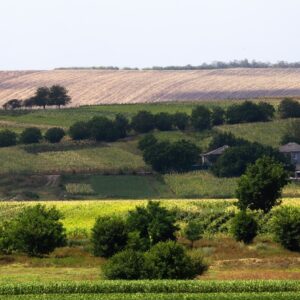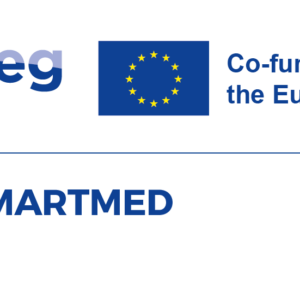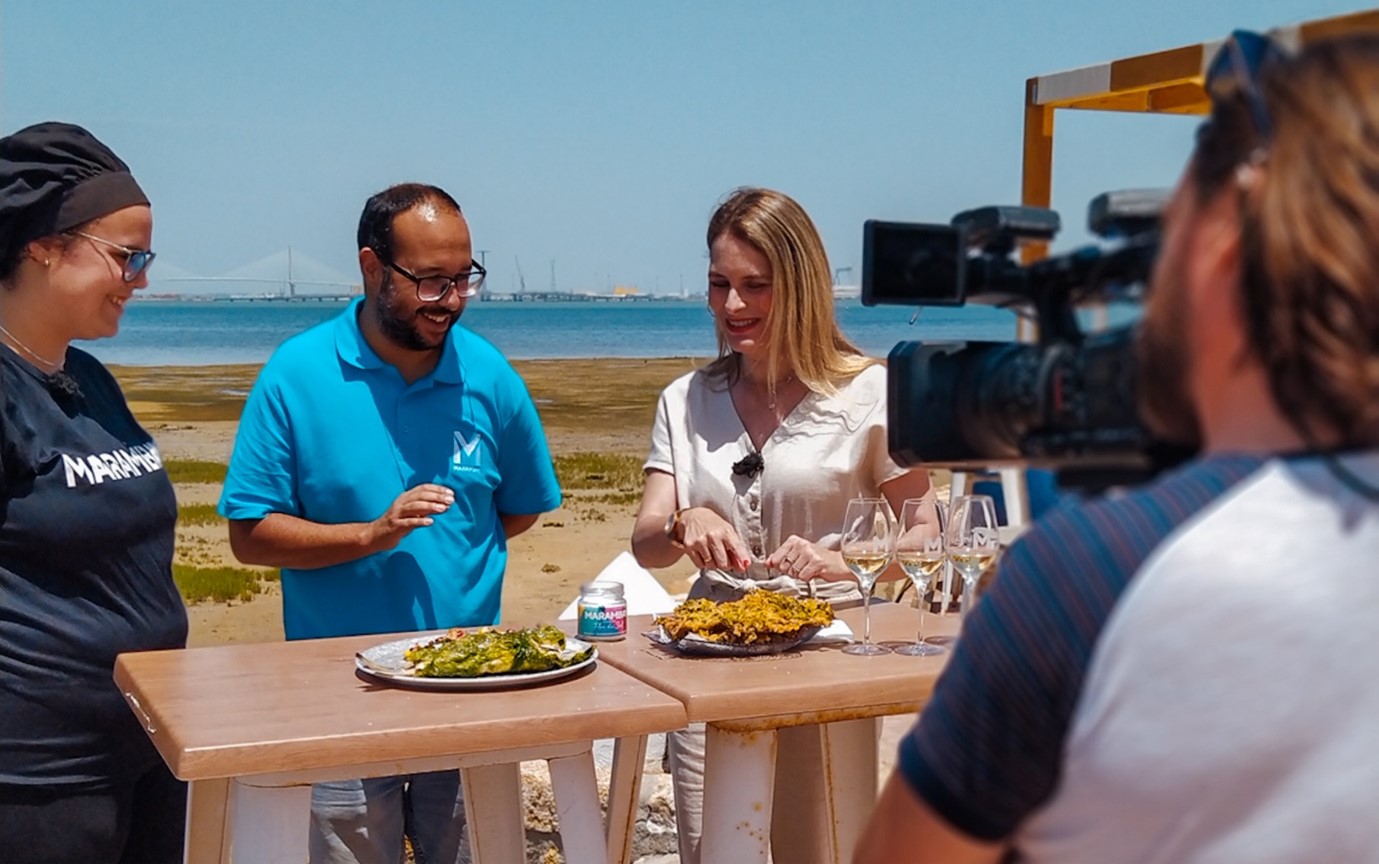 Baia di Cadice, 2022
Baia di Cadice, 2022
The four beneficiaries of the ENI CBC MED MedArtSal project grants in Spain have successfully concluded their projects, bringing forward new exciting opportunities, but also unveiling key obstacles for the sustainable management of artisanal salinas. In this article, we present some of the main learnings of each of these projects, together with impressions from their closing events.
Fostering innovation in Mediterranean cuisine – Salina Roqueta y Preciosa
Marambay is the name of a natural resort situated inside the Bahia de Cadiz NP, which offers gastronomic and leisure experiences. As in many other sites which have participated in the project, artisanal salt production by itself does not make this salina profitable. For this reason, the company CPV Bahía de Cádiz has explored the cultivation of microalgae through the installation of ‘raceway’ reactors. So far, the production of Spirulina has been a success, whereas the cultivation of Dunaliella salina will begin this summer. The menu of the restaurant, which focuses on offering sea-to-table products, will benefit from microalgae production in dishes such as vegan rice or croquettes with bechamel.
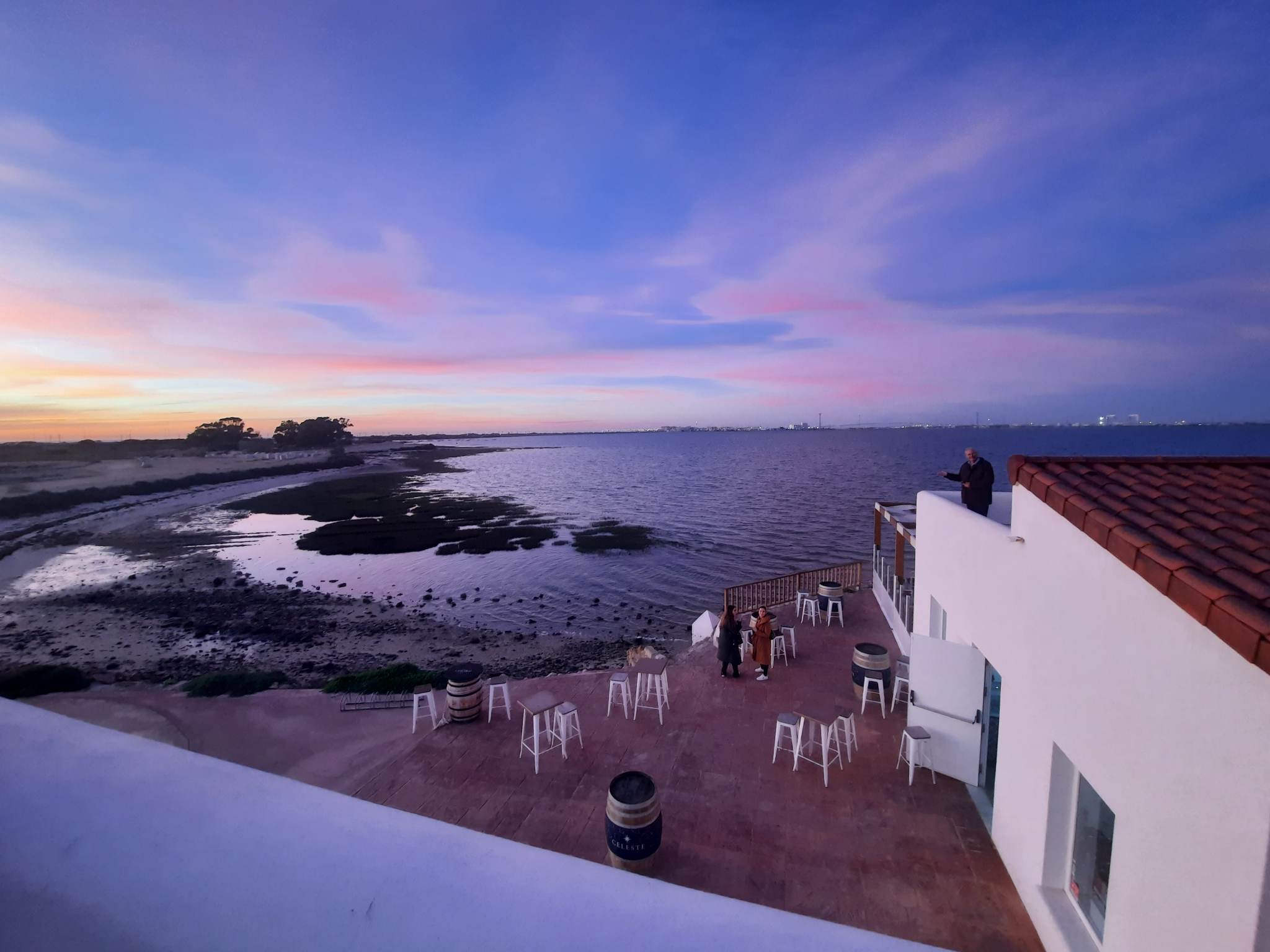 Roqueta y Preciosa_Marambay restaurant
Roqueta y Preciosa_Marambay restaurant
The closing event of this project took place last December through an open day, to make people known the work done in the cultivation of microalgae together with the University of Cadiz as part of the MedArtSal project.
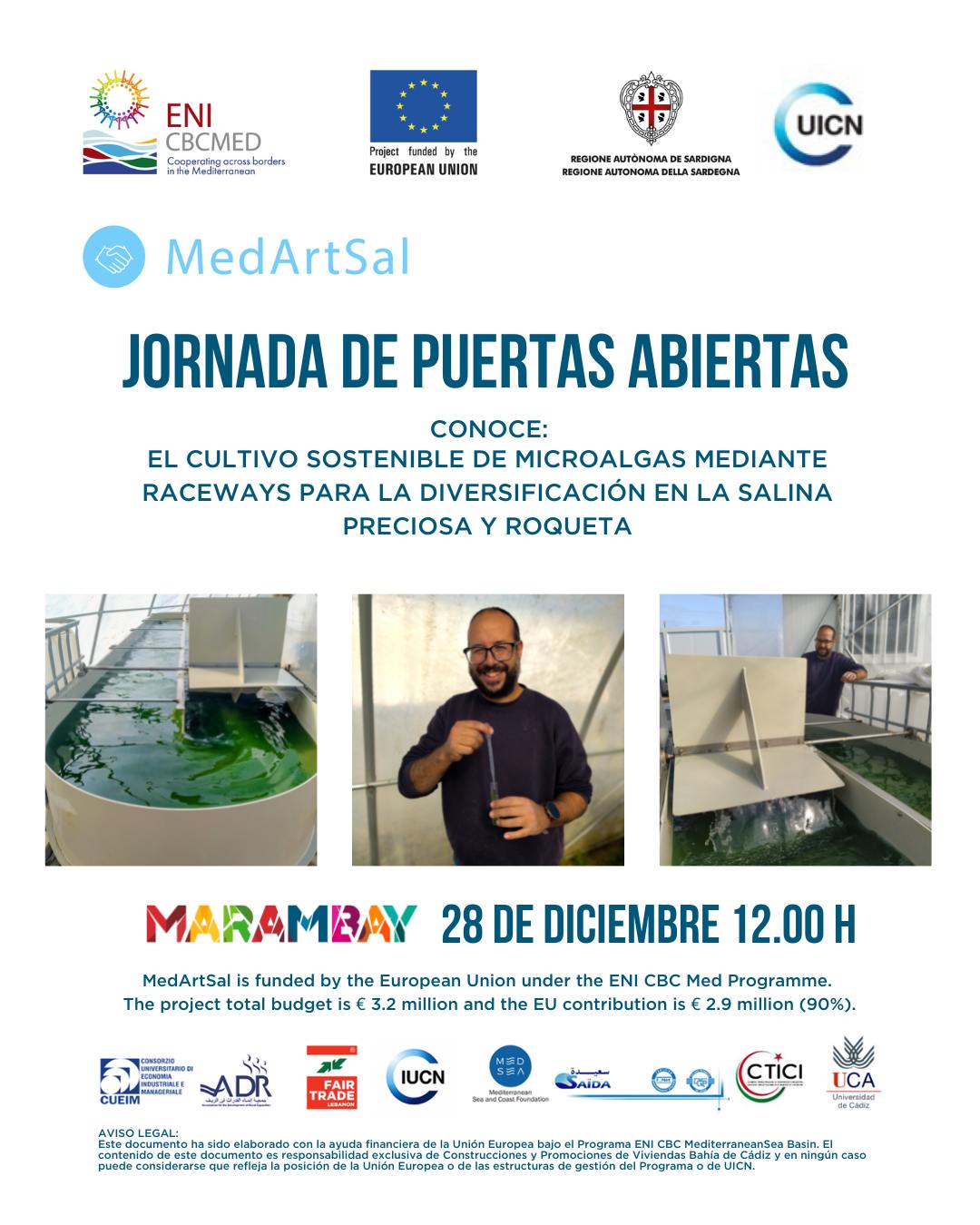
Roqueta y Preciosa pilot action closing event_CPV Bahía de Cádiz, 2022
Restoring the landscape to dynamize local economy and stimulate tourism – Salina San Vicente
Artisanal salinas are unique Mediterranean landscapes which provide cultural and aesthetic values, besides a wide range of services and products. The pilot project run by the entrepreneurs of Salinas y Celebraciones San Vicente has repaired the infrastructure of the old salina – including the floodgates, crystallisers – and restored an old salt mill.
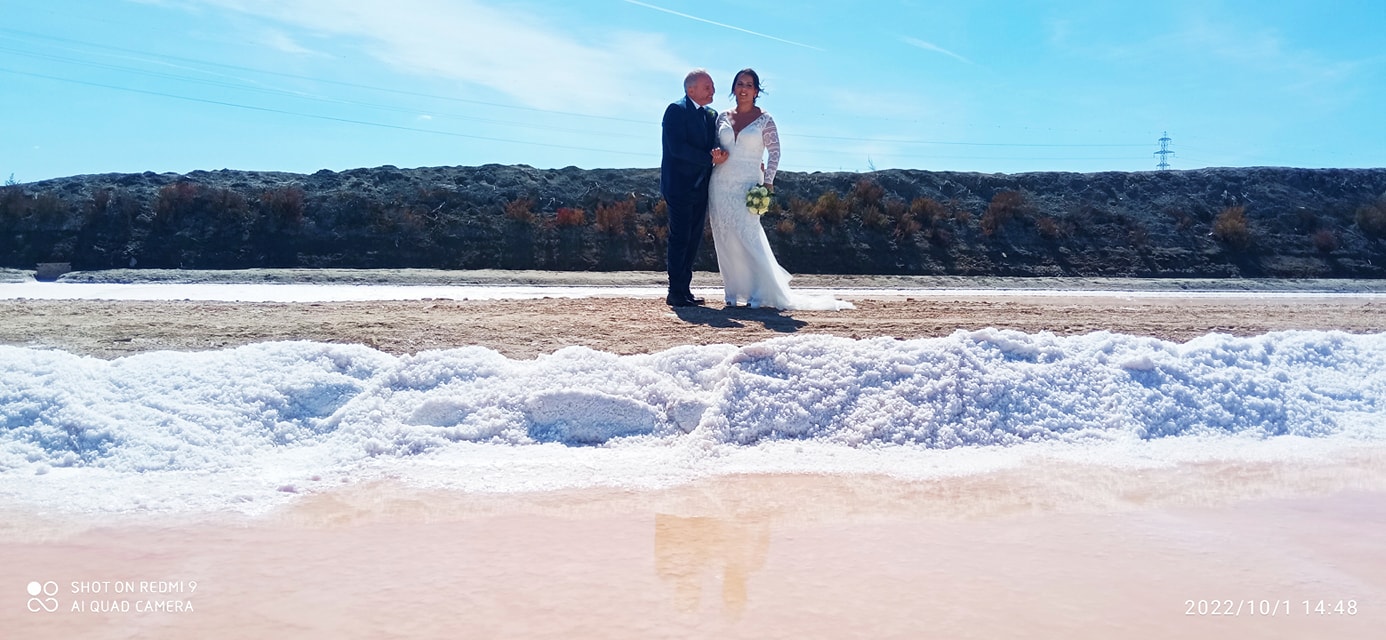 Events at Salina San Vicente, 2022
Events at Salina San Vicente, 2022
Although these activities initially sought to improve the quality of the salt produced in the site, they have allowed to recover certain landscape features, making the site more attractive for tourism and other economic activities, such as wedding celebrations. Together with Salinas de Chiclana, this site has been included in a first ecotourism itinerary developed in cooperation with local stakeholders, as part of a Local Ecotourism Cluster.
In March this year, the managing company organised its open days to allow new visitors discover the progress achieved by the project.
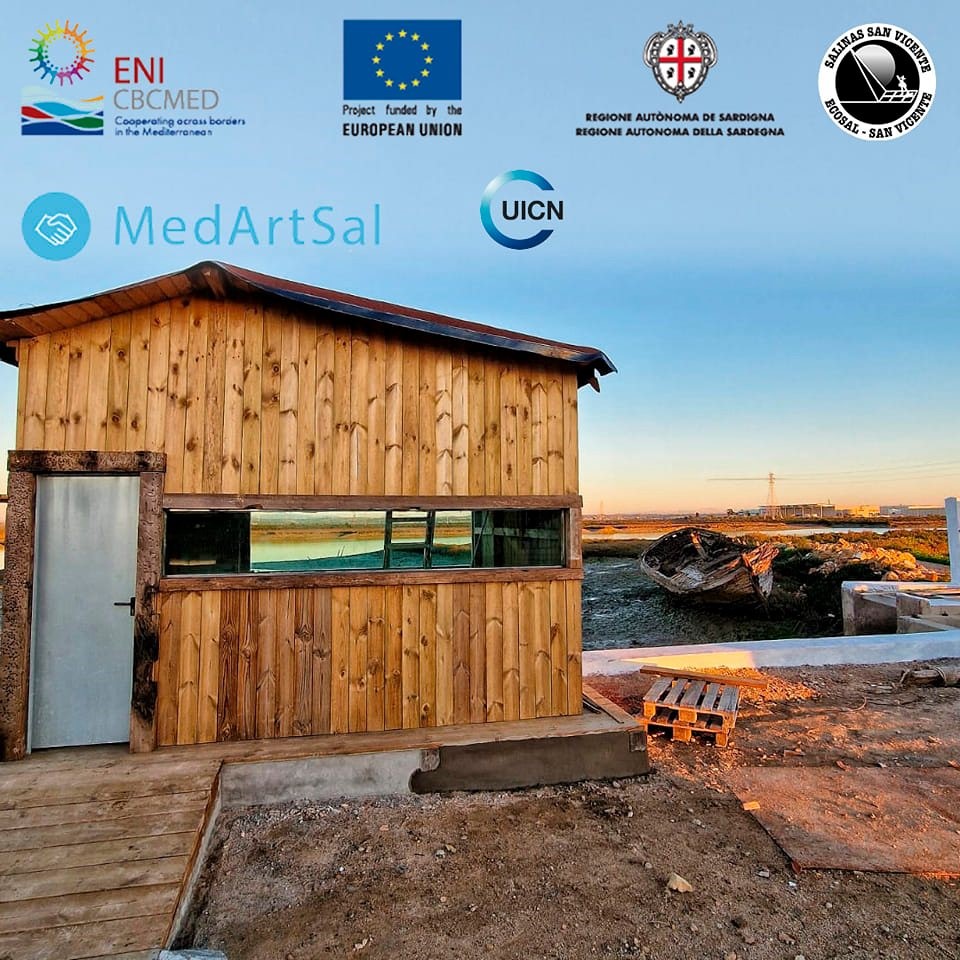 Salina San Vicente pilot action open days, March 2023
Salina San Vicente pilot action open days, March 2023
Exploring the production of cosmetics and well-being products and services – Salinas de Chiclana
The concept developed by the company ALEMA in Salinas de Chiclana is also an inspiring example of how the richness of artisanal salinas can be harnessed to offer an interesting diversity of services. Apart from the production of salt, this project has worked to develop a line of cosmetic products that utilise the algae that grow in the salt ponds. The first finalised product is an exfoliating gel, which is already available on the market.
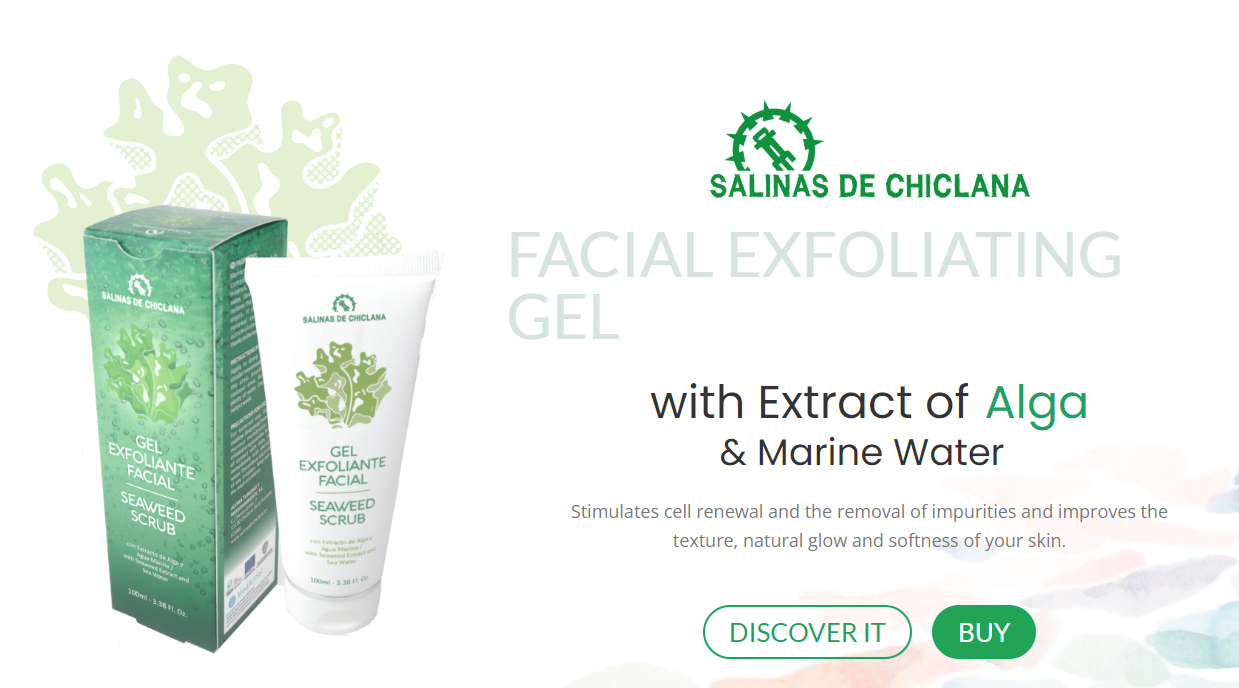 Cosmetic products realized at Salinas de Chiclana, 2023
Cosmetic products realized at Salinas de Chiclana, 2023
Likewise, the project has inaugurated the first-ever natural salt spa in Spain, contributing to expand and diversify the offer of this facility, where we can enjoy the restaurant, gastronomic tours, food tastings and visits in nature.
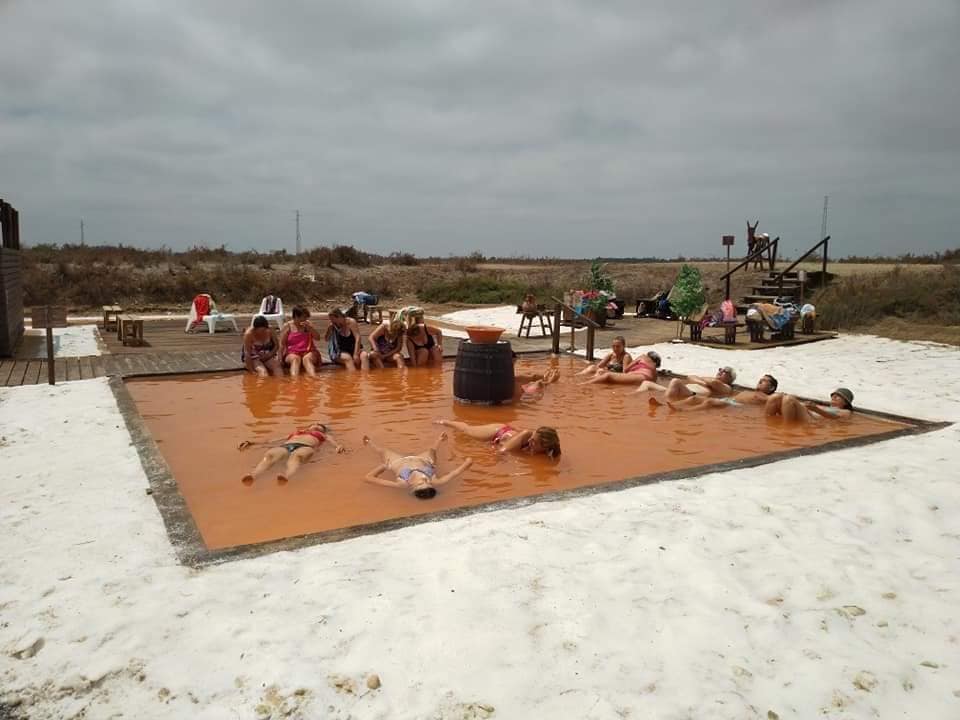 Wellness activities at Salinas de Chiclana, 2023
Wellness activities at Salinas de Chiclana, 2023
The results of this project were publicly presented in February with an open day for the launch of the line of the cosmetic products made with salt and seaweed from the salina.
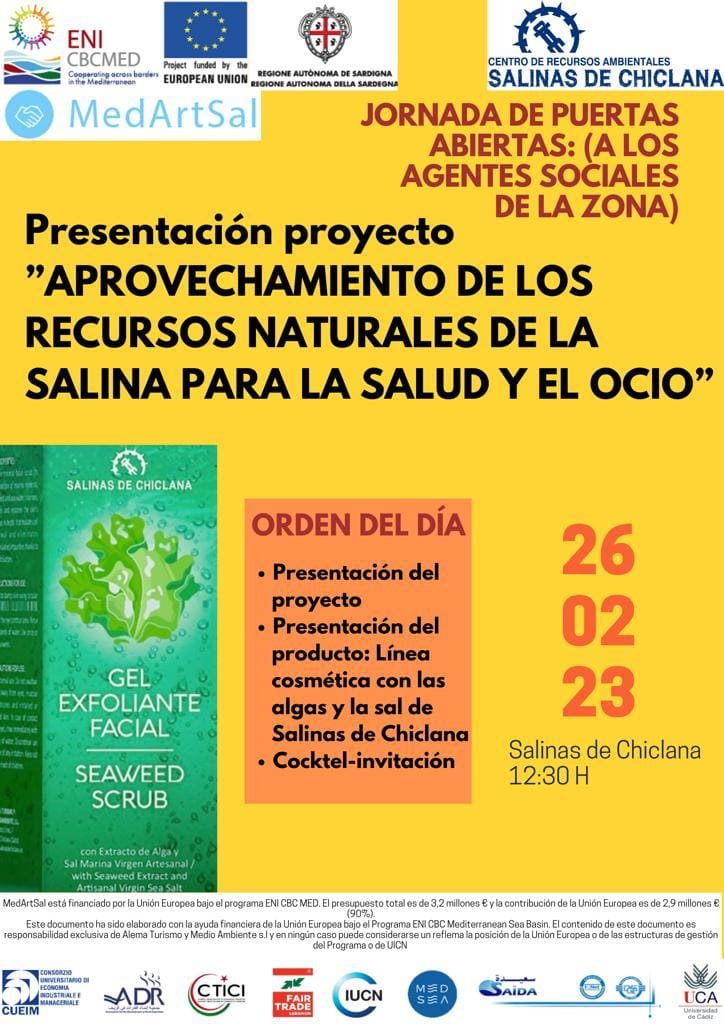 Salinas de Chiclana pilot action closing event, February 2023
Salinas de Chiclana pilot action closing event, February 2023
Overcoming bureaucratic hurdles to enable the first restoration actions – Salinas de Marchamalo
In all four countries where MedArtSal has been carried out (Spain, Italy, Tunisia and Lebanon), obtaining the necessary permits has
shown to be one the of the biggest obstacles to implement any kind of activities. In the case of Salinas de Marchamalo, the project required authorisations from three levels of the administration (from local to national). As a result, the project presented by ANSE – Asociación de Naturalistas del Sureste – was significantly delayed.
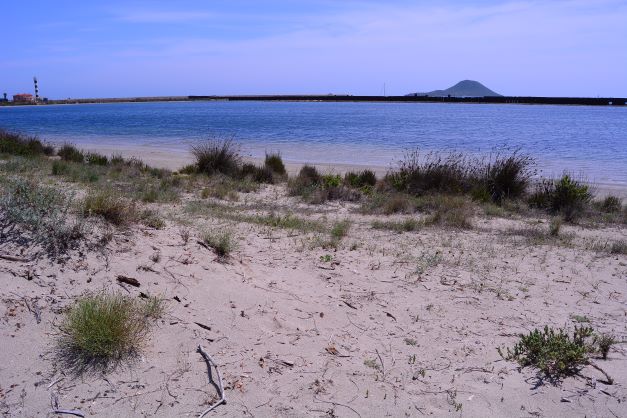 Salinas de Marchamalo, 2023
Salinas de Marchamalo, 2023
Although the production of salt has not been yet possible, MedArtSal has allowed to make some significant progress to restore this abandoned salina, located in an area that hosts important habitats for nesting and recovery of marine birds. Most importantly, the area of Cabo de Palos and Manga del Menor in Murcia have suffered severe environmental stress, due to intense urbanisation and agricultural activity (https://www.asociacionanse.org/medartsal/).
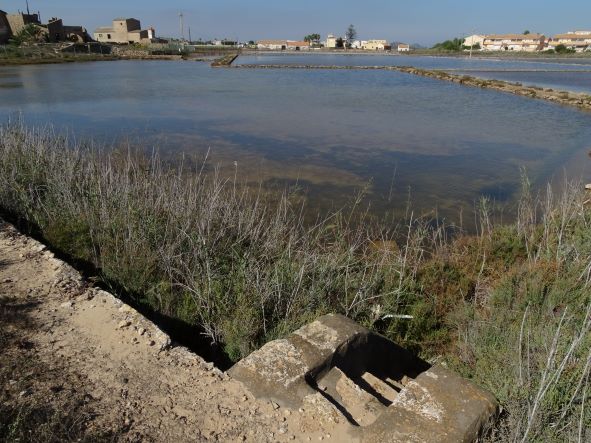 Salinas de Marchamalo, 2023
Salinas de Marchamalo, 2023
In this context, ANSE has managed to reinstate the water circuit on eight hectares of the salt pans, so salt production can be recovered in the near future. The mud has been cleaned out from 4 ponds, 50 mts of the flooding canal have been restored, including dykes and deposits.
These results were presented in an open event in February this year (https://www.asociacionanse.org/jornadas-sobre-la-recuperacion-de-la-actividad-salinera/20230223/) .
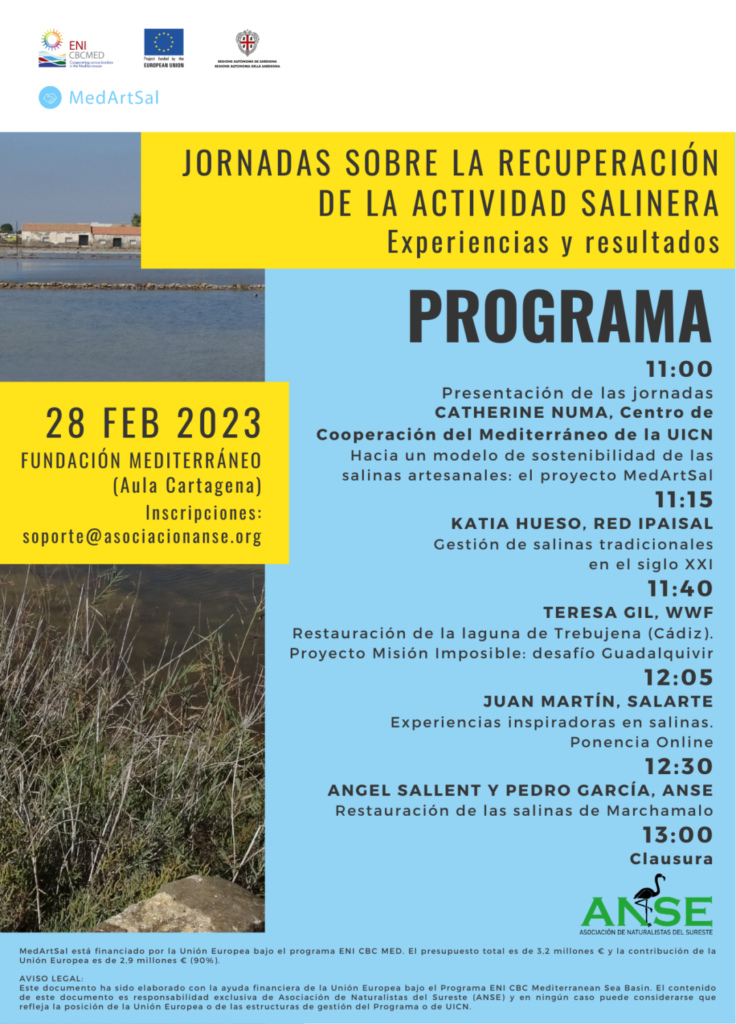
However, efforts to reactivate and conserve this salina will be pursued in a new project named ‘RESALAR’ funded by the Spanish government (PRTR). In April this year, the project received the visit from Minister of the Environment Teresa Ribera.
Conclusions
All these experiences and results show that the MedArtSal pilot actions experience in the Spanish salinas proved to be a successful example of the possible replicability of the MedArtSal model, through focused interventions aiming at the restoring, preserving and adapting of the artisanal salinas production to the environment and biodiversity of the precious areas in which they are located. It paved the way for future development perspectives, as well the possibility to further enlarge the participation and involvement of new salinas, starting from the valuable inputs collected through the project implementation, as showed by the launch of the MedArtSal Network.
Article written by the MedArtSal project partners IUCN with the support of CUEIM.
Find more about MedArtSal on our dedicated page and on the official website.

 IT
IT 
